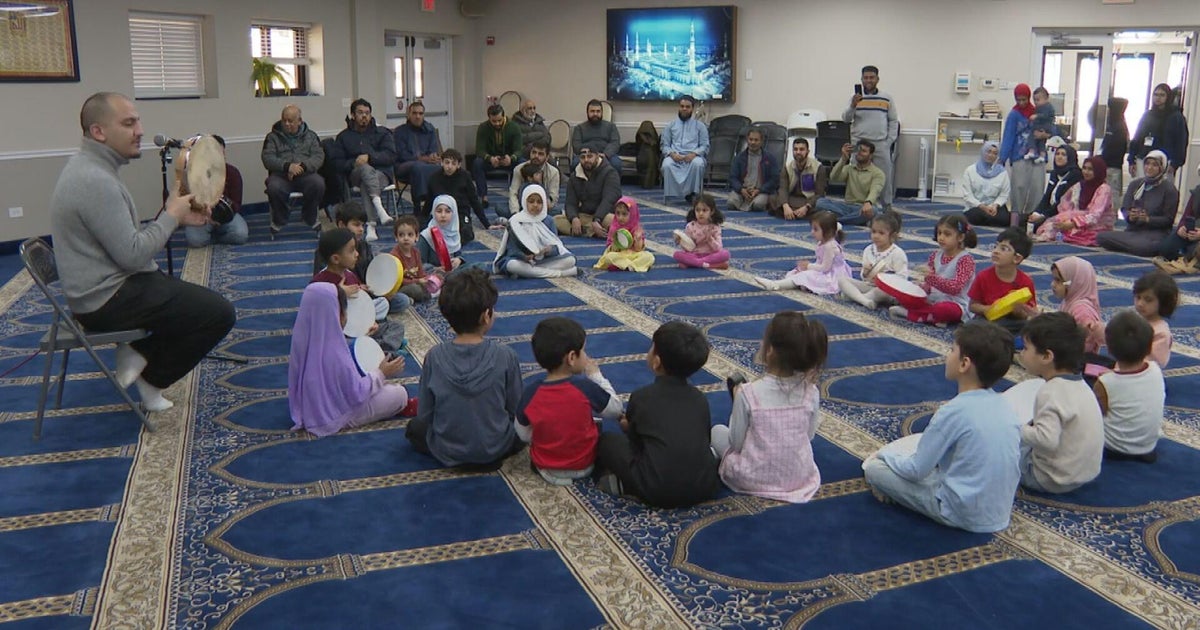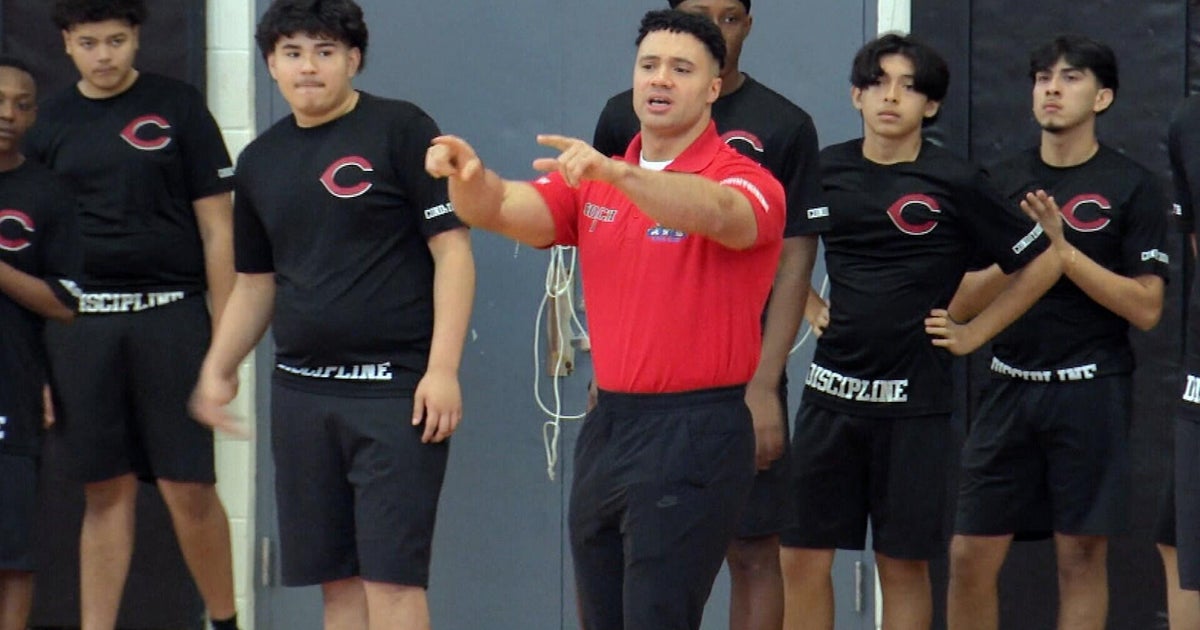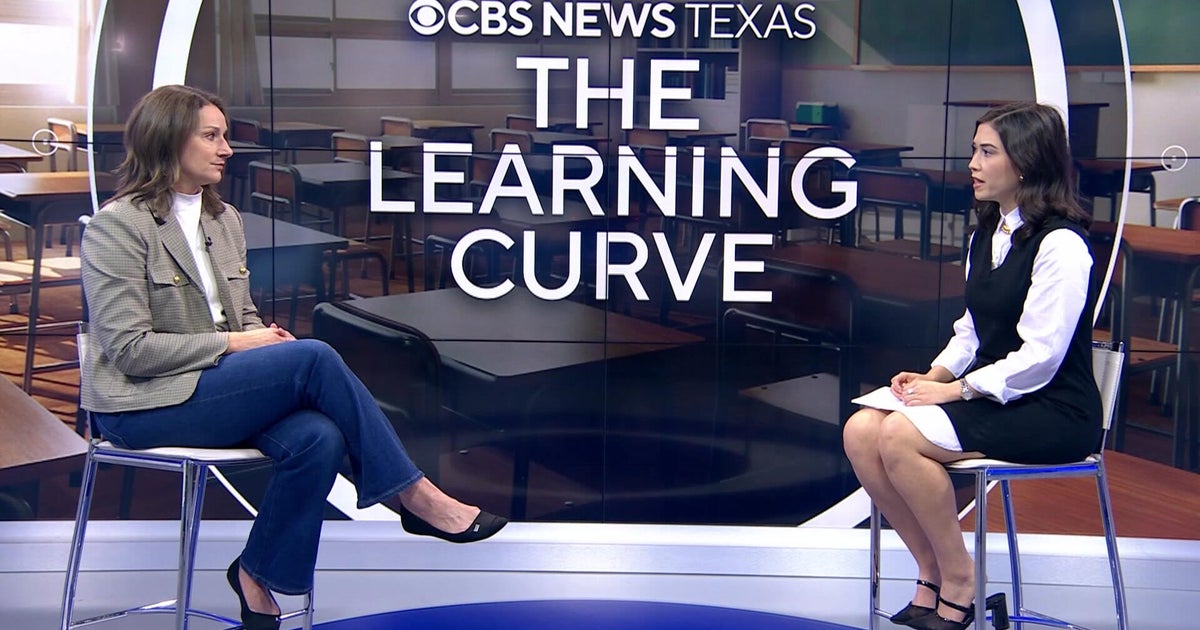Having trouble getting kids to talk about school? Think outside the box, family therapist says
NEW YORK -- CBS News New York is continuing its series on Back to School. Next up, we delve into how to ask your kids how their day was.
Often, that standard line of questioning leads to answers like "fine" or "good." However, as education reporter Doug Williams learned, the key to changing the responses you get is changing what you ask, and when.
Think about what can happen every day at school. Kids can succeed or struggle, get in trouble or earn a teacher's praise, meet new friends or get into arguments with an old ones. But getting kids to talk about any of it can be like pulling teeth.
"What we do too often as parents, I think, is put what we want to know on them. You kind of want to get to where they are, and what they do or don't like," said Darby Fox, a child and adolescent family therapist.
Here are some techniques parents use
Williams spoke to some parents in New York City. each with their own strategy for this. But the broader theme seems to be it's not just about what you ask, it's how you ask it.
"Incessant questioning, I find, is always not gonna work. They'll always say nothing happened or 'I don't know,'" Edwin Leung said. "The inverse is asking, 'What did you hate about school?' They'll talk about that."
"I go with, 'How was the chicken fingers or the pizza?' Because the kids are really into food," Bathann Amendt said.
"You kind of have to wait for them to come to you," Lisa Meloni Ragusa added.
Patience is Chatisha Hosten's strategy in communicating with her son, who has dyslexia.
"He has to process it first before he's able to talk to me about it," Hosten said. "Instead of saying, 'How did it go today?' I'll just lay back and then by the time we're driving home or walking home, he's like 'Can I tell you what happened today?'"
Fox says even if school work or grades are what you want to discuss with your child, you're better off not asking about that first.
"Kids are sitting there all day and it does take a tremendous amount of focus for them to behave, to stay on task," Fox said. "Give them a chance to unwind. Then they will tell us."
Trust is everything
Windy Lopez-Afflito is a mom and former educator, herself.
"Parents want their kids to be OK. We want to believe they're fine. We're working hard. We trust our teachers," Lopez-Afflito said. "What I try to do as a parent and I encouraged my students' families to do is trust our gut. We lean into the fact that we really are the experts of our kids."
Trust and utilize teachers as the valuable resource that they are. But at home, though it may not always feel this way for parents, experts say they're the experts.








